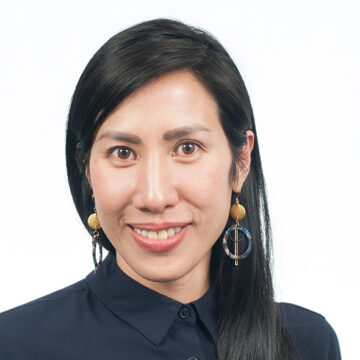If you would like to give to a specific research program or support the work of a particular researcher, contact our fundraising team today.
“Access to WEHI’s cutting-edge technologies enables me to do high-quality research. Support from Bright Futures will empower students like me to achieve even greater success.”
“At WEHI, I have opportunities to attend conferences, keeping me at the forefront of research. The chance to grow and share my learnings, supported by Bright Futures, is invaluable.”
“WEHI is an amazing place for a PhD student. With the support of Bright Futures, I can inspire and mentor younger students, making my involvement in the WEHI community truly fulfilling.”
“Combining a medical career with a PhD at WEHI enables you to tackle the biggest clinical problems, while learning from the brightest and most creative scientific leaders.”
For a confidential discussion about supporting Bright Futures contact our Major Gifts team.




